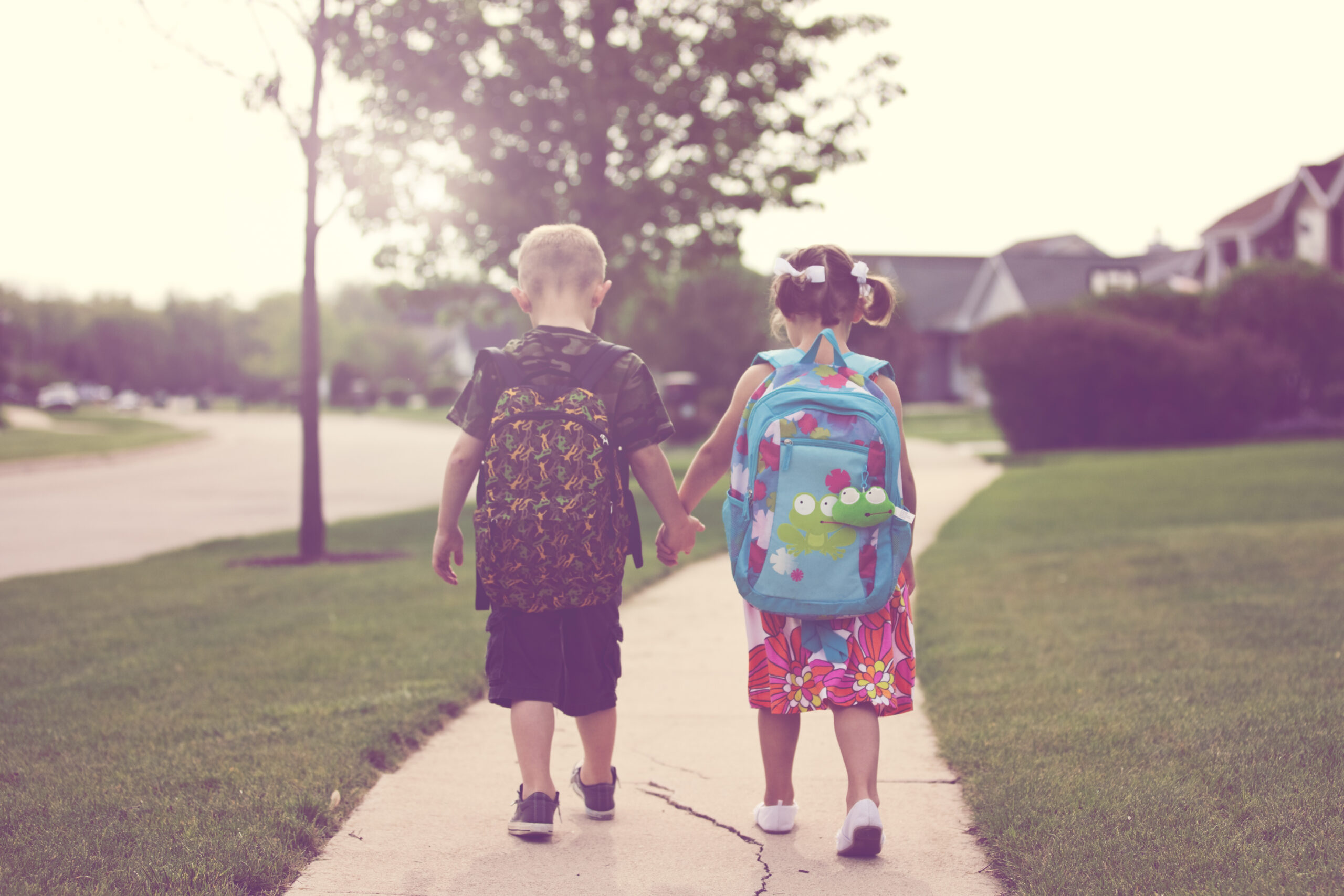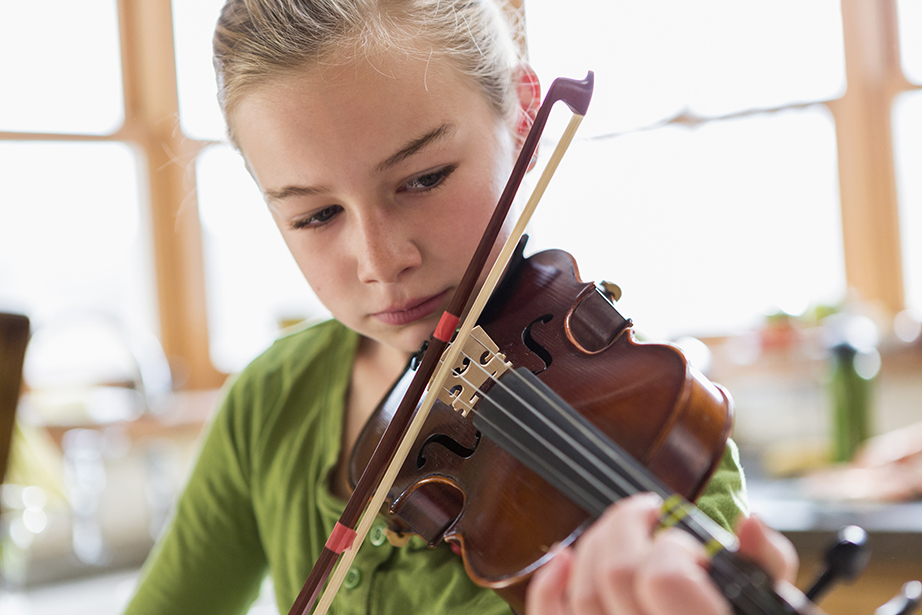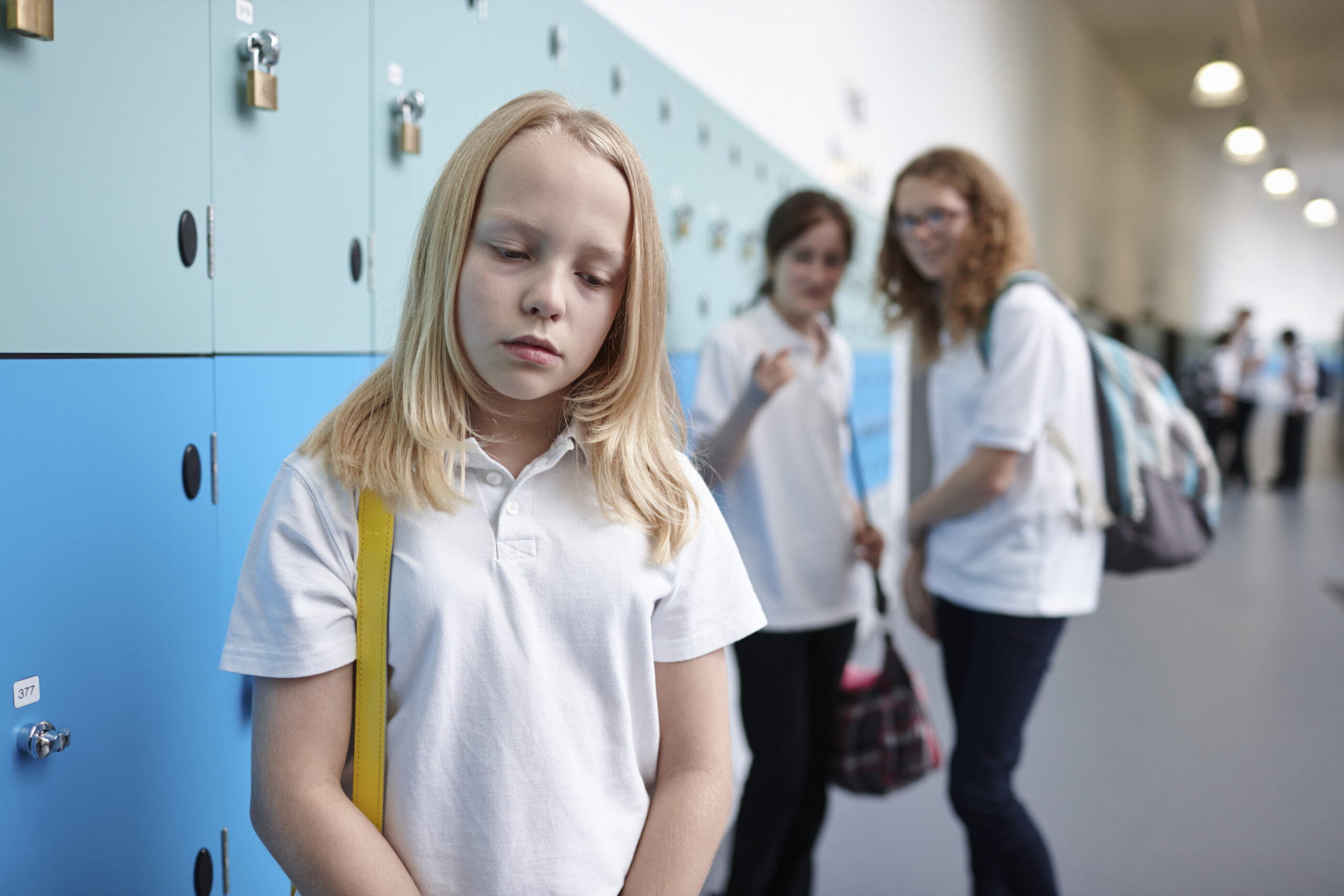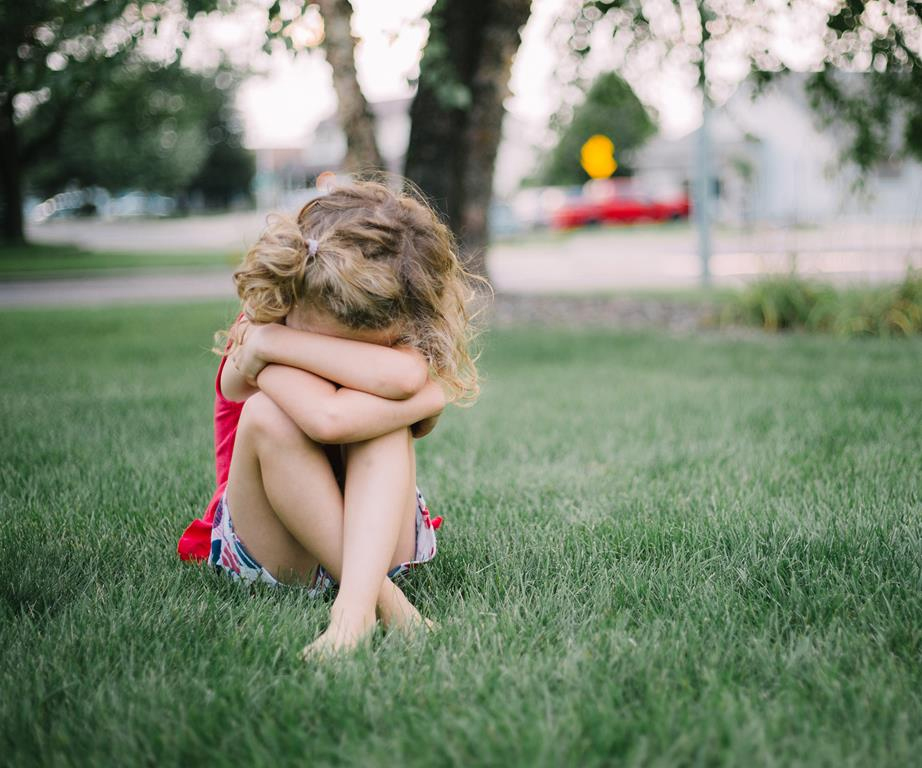Many of us grew up with the saying “sticks and stones may break my bones, but names will never hurt me”.
However, words are a powerful weapon.
From excusing bad behaviour to stunting emotional growth, some – all of which you’ve definitely heard, if not said before – can have a seriously negative impact on your child’s life.
While we’ve come a long way, it’s still important to consider the language we’re using when we speak to our children.
Child psychologist Collett Smart says the words we use have the power shape views and expectations, and while those ‘tried and true’ phrases are easy to trot out, it’s good to think about what we’ve said.
While the intention is always to be helpful, Smart explains reframing common clichés so they’re empowering can do so much to reduce any negative impact on your child’s life.

“Man up/Be a man”
There are certainly times in a young man’s life that he needs to begin taking responsibility for his decisions and actions. However, telling a boy to ‘man up’ has often been used when a boy or male teen showed emotion.
The implication was that ‘boys don’t cry’ or men don’t show emotion, so they should ‘suck it up’, suppress the emotion and get on with whatever they were doing.
This is dangerous and destructive when used in this manner, as it assumes that boys or men shouldn’t be emotional, and when this happens, it seems the only ‘acceptable’ form of emotion is often anger or aggression.
“You’re special”
Former Playschool host Noni Hazlehurst put it best when she said to her sons: “You are not special; you’re unique but you’re not special – because if you’re special then someone else isn’t.”
We can certainly tell our children they are special TO US, but implying that your child is most special or more special than others may set them up to fail.
They could either become exceptionally unkind adults who don’t recognise others’ gifts, or they may be crushed when they discover there are other people in the world better than them in many areas in life.
It’s not that we shouldn’t acknowledge our children or be proud when they succeed, but I generally prefer to praise the process or praise the genuine effort children have put in to study, sport, flute practice and being kind or helpful.

Being kind and helpful to others is what makes children special. Photo: Getty Images
“You throw like a girl”
If we think about it, we’ve never heard a coach say, ‘Wow, you threw like a girl!’ to mean ‘Wow – what a fantastic throw – great job!’.
‘You throw like a girl’ is a term that is used as an insult. It’s often said between boys and implies that the way he performs an action is done poorly.
Not only that, it implies weakness and sends the indirect message that girls aren’t very good (usually at sport).
“He/She is mean to you because they like you”
This saying makes ‘hurting’ an acceptable form of gaining attention. It’s important to teach boys that girls are not mysterious or weird, and vice versa.
Teach that hitting or pinching a girl is never a way of telling her he likes her. Teach him how to properly communicate affection with kind words and gestures.

It’s great to encourage children to pursue their interests. Photo: Getty Images
“You sound like The Boy Who Cried Wolf”
It’s OK to gently explain to children that they need to be careful that if they keep saying they are hurt when they are not, that it could cause adults not to come to their aid in an emergency, or when it is really necessary.
Not only that, but a parents need to dig deeper to try to find out what is behind this need to embellish stories. If your child keeps going to Sick Bay, or saying they’re hurt, there is often an underlying reason for this.

If your child is always saying they’re sick try digging a little deeper, there could be another reason behind the excuse. Photo: Getty Images
“Boys will be boys”
Unfortunately, this term is also often used to excuse little boys when they physically or emotionally hurt each other or hurt girls, and this is never ok.
Many boys are more fidgety and physically active than girls at younger ages. Some of this is partly due to the different stages in which boys and girls develop, but I must add that the brain is not so different in boys and girls at we once thought.
We do know, however, that there are different rates at which their brains and bodies develop.
So, when we see a backlash against the term ‘boys will be boys’ it’s not denying some of the developmental differences, it’s a reaction to the way the term has been used to excuse poor behaviour.
 Getty Images
Getty Images



